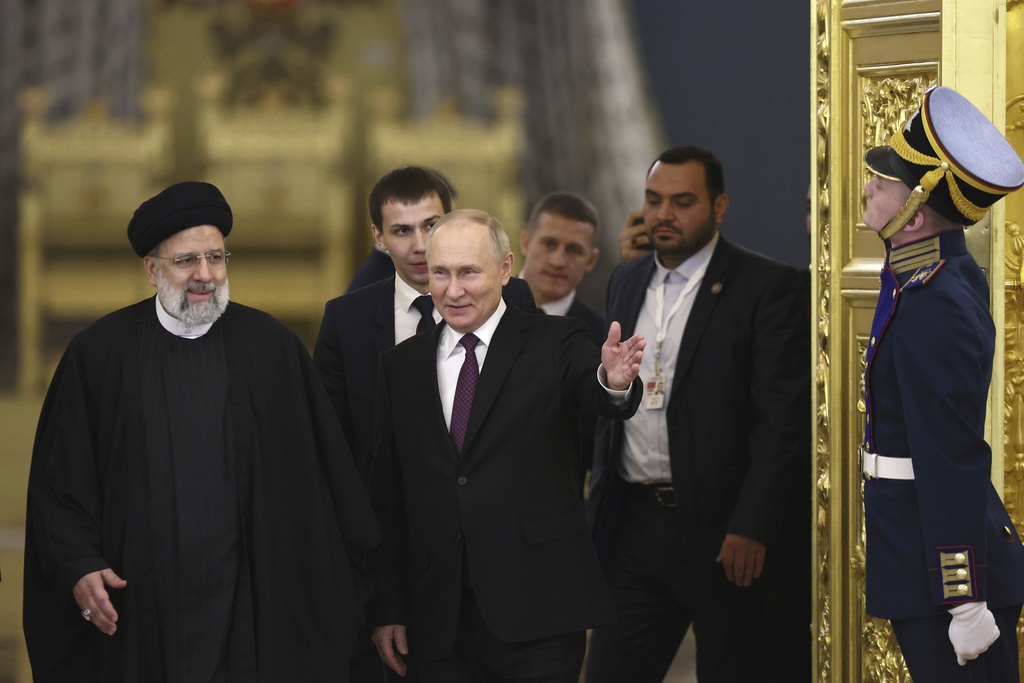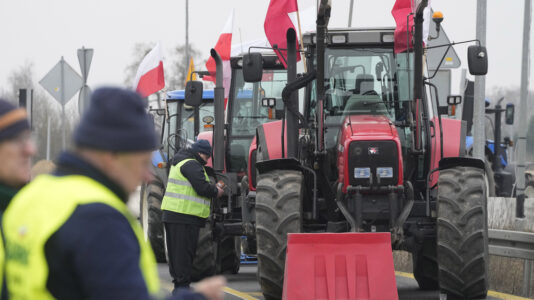The looming specter of new wars is becoming increasingly apparent on top of the wars that are already taking place — in fact, historians may one day coin a collective term for these events, whether it be a new Thirty Years’ War, Fifty Years’ War or A Hundred Years’ War, leading to the formation of an unforeseeable global power dynamic.
For Poland, this signals an unsettling reality that the post-Cold War Western world, which it has endeavored to anchor itself to for over three decades, may no longer be a secure haven.
The new alliance of China, Iran and Russia targeting the West aims to dethrone the United States and, in the process, divide the spoils left by the faded European powers. However, among the trio, only China possesses the capability to assume the role of a truly global player capable of decisively shaping the future power balance alongside America. Yet, the foundation of this anti-Western alliance may not be as robust as perceived, as conflicting interests among the three revisionist states could quickly prevail.
The West finds itself divided not only over issues concerning Ukraine or the Middle East, but also in its ability to mobilize against these threats and maintain unity.
While defending against Russia and China is the most popular stance on both sides of the Atlantic, practical issues need to be addressed. The West must focus on the reconstruction of the credibility of the American-European alliance in deterring adversaries, a responsibility lying predominantly with Europe, which must demonstrate its commitment to securing its own safety. However, Germany’s ambiguous stance poses a significant obstacle.
The West is having great difficulty acknowledging the fact that its position has been challenged — not just in geopolitical terms. War has also been declared on its value system. This is where the problem lies, as this may be an even more difficult battlefield since the West is today more divided on its own values than on current issues concerning war and peace in Ukraine or the Middle East.






